News
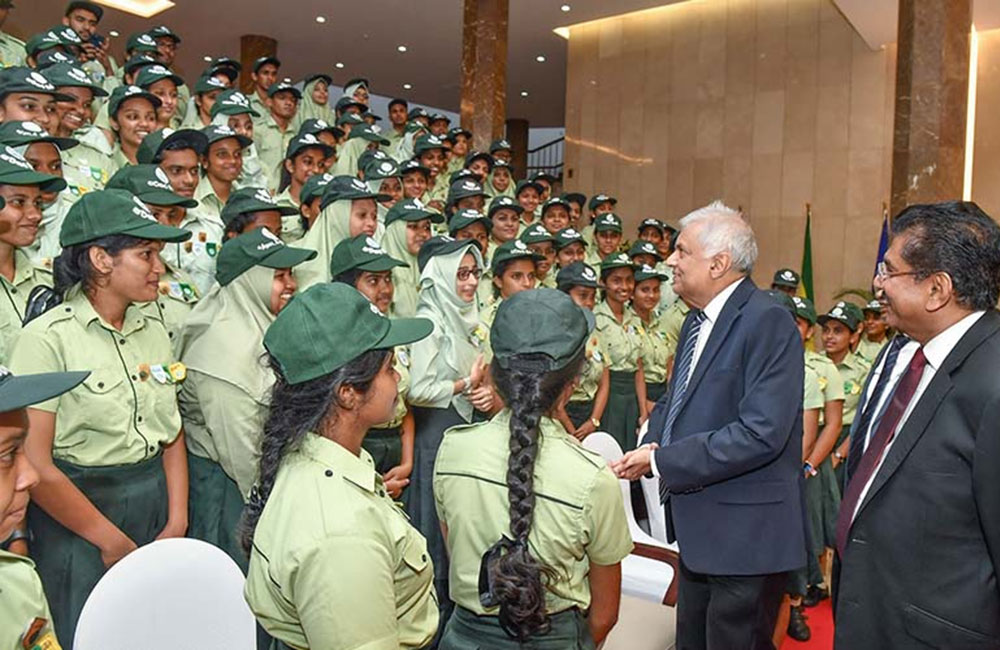
Sri Lanka to establish world’s first international environmental university
Efforts made thus far have been insufficient in preventing climate change and amount to nothing more than procrastination – Says President during the Environment Pioneer awards ceremony
During the 10th Environment Pioneer President’s Medal Awarding Ceremony 2020-2021 held at the Bandaranaike Memorial International Conference Hall, President Ranil Wickremesinghe announced that Sri Lanka is establishing the world’s first international environmental university to support the global effort in addressing climate change.
The President acknowledged that although climate change is a significant challenge for the world, there is no central research hub to study it, and invited multiple countries to join Sri Lanka in the effort.
President Wickremesinghe also stressed that the actions taken so far have only delayed climate change, and not stopped it. The ceremony recognized the excellent service of teachers, schools, regional environmental officials, and offices, with 129 environmental pioneers being awarded Presidential Medals. The Environment Pioneer President’s Medal is the highest accolade under the National Environment Pioneer President’s Medal, and the winners receive an additional 04 points in university entrance.
Aralagangwila Wilayaya National School was awarded as the best school, producing 14 Environment Pioneer President’s Medal winners, while the Central Provincial Office of the Central Environment Authority received the award for the best office, guiding the most significant number of Environment Pioneer President’s Medal winners (25). The Environment Pioneer President’s Medal recipients took a group photo with President Wickremesinghe, who urged them to spread the message of environmental protection in schools as environmental pilots.
The President emphasized that being an environmental pilot is a significant sacrifice and is dedicated to the betterment of future generations.
The President further expressed his views and said,
“As the President of Sri Lanka, I would like to begin by congratulating all the environmental pioneers who have received medals today. This is a commitment that they have made voluntarily, since the establishment of the Central Environment Authority in 1984.
All of us who are part of this movement are making a great sacrifice for the benefit of future generations. The environmental problems in the world today are well known to everyone. Our challenge today is not just to stop climate change, but to slow it down, and we must be successful in this effort.
Over the last two centuries, the world has undergone great changes. When the British arrived in Sri Lanka and signed the Upcountry Treaty in 1815, the population of our country was only two million or less. When we got universal suffrage in 1931, that number had grown to five million. By the time we gained independence, it was seven million. Today, our population has tripled, but our land has not increased, and the amount of forests has decreased.
As a former government minister in 1970, I remember allocating 150,000 -200,000 acres on the side of Polonnaruwa to start the Mahaweli movement. Today, people are living in those areas, and we have become self-sufficient in rice as a result. If that land had not been allocated then, we would not be self-sufficient in rice today.
The world has changed drastically since the time of our ancestors. The consumption patterns of households have increased with the availability of modern amenities like air conditioners, different types of food, and other consumables. The industrial revolution has also led to increased industrialization worldwide, with its attendant environmental impacts. Two major wars broke out during this period, including the dropping of atomic bombs, leading to environmental destruction and changes in our climate.
By 2050, the world’s population is expected to increase even more, and we must be prepared to face the challenges of climate change. As a country, we have taken many steps to address these issues, including the creation of a climate change hub, and the introduction of new rules to protect the Sinharaja forest, Horton plains, Siripada site, and the Knuckles range.
While the environmental laws that we introduced in the past were modern back then, they have become out-dated now, and we need new and more effective environmental and climate change laws to ensure the sustainable development of our country.
As the Minister of Environment, I am proud to announce that we are bringing new laws to protect nature reserves like Muthurajawela and creating new forests. We have taken steps to create the necessary laws for this.
But we didn’t stop there. Recognizing the importance of addressing climate change, we believe it should be included in school and university curricula. That’s why we are planning to establish the International University of Climate Change, which will be the world’s first international environmental university. We expect it to provide opportunities for post-graduation and research work.
Currently, there is no centre in the world dedicated to conducting research on climate change. Therefore, we are taking steps to start the International University on Climate Change by establishing that centre in Sri Lanka. We hope to carry out this work with the participation of many countries and give membership of the governing board to those countries and organizations.
We believe that 2,000-3,000 people will enrol in this university every year, get the necessary training, and build a great relationship with the world. We hope this will be a support that Sri Lanka can provide to face climate change. Therefore, we have discussed this with a number of governments and will be presenting information on this at the conference on climate change in Dubai this year.
As the Minister of Environment, I request all environmental pioneers to convey this message of protecting the environment to their schools. It is your responsibility to provide the necessary guidance for that.”
Minister of Environment Nasir Ahmed, Secretary of the Ministry of Environment Consultant Dr. Anil Jasinghe, Secretary of the Ministry of Education M. N. Ranasinghe, Central Environment Authority Chairman Supun S. Pathirage, Acting Director General Dr. R. M. S. K. Rathnayake, environmental Pioneer presidential award winners, their parents, principals, teachers and others participated in this event.
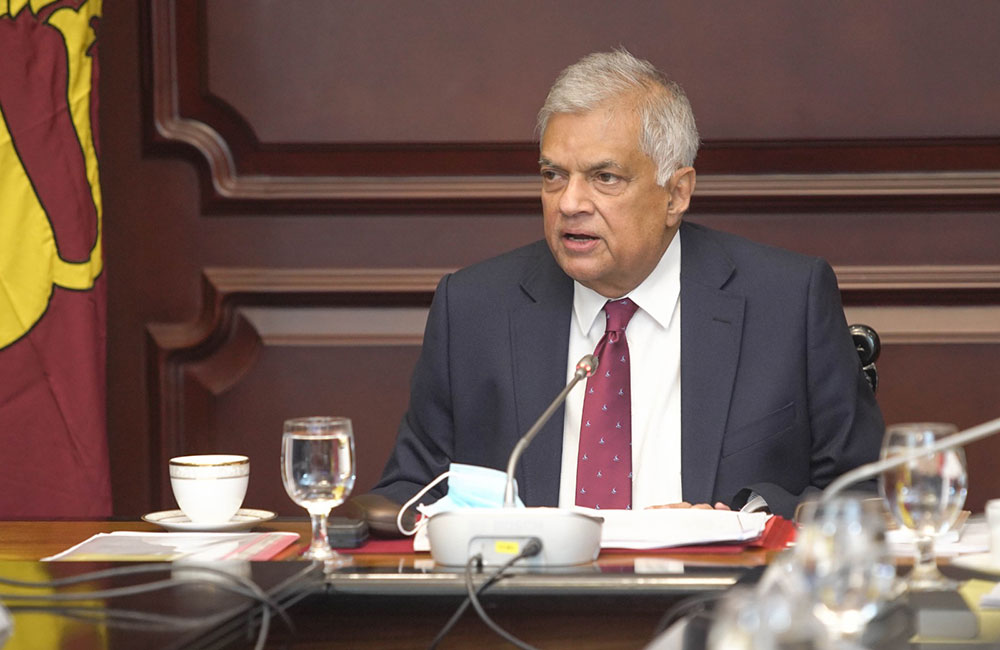
President instructs amendment of the Land Act to suit current development needs
President Ranil Wickremesinghe has instructed relevant officials to amend the existing ordinances regarding lands to suit the current development needs.
President Ranil Wickremesinghe had issued these instructions during a discussion held at the Presidential Secretariat yesterday (10), on amending the provisions of the ordinances of land management institutions and introducing new regulations.
President informed the officials to appoint a suitable committee to speed up the work.
He also pointed out that land policies brought during the colonial period are still being implemented in the country, adding that the ordinances brought at different times related to land use are not in line with the development needs of the time.
The Presidents media division said lengthy discussions were held about the preparation of a new National Land Policy by removing the existing obstacles in providing land for development activities.
President Ranil Wickremesinghe instructed the officials to resolve the issues of the lands under the Provincial Councils through a Land Commission.
President Wickremesinghe instructed officers to identify the details of the land owners in the Grama Niladhari Divisions and the amount of land that is currently utilized and the amount of land that has not been utilized and prepare a report at Divisional Secretariat levels.
The President informed the officers to take steps to redistribute among the public the lands acquired for Government purposes but not yet utilized, and in the future to acquire lands for Government purposes by paying the market value of the respective lands.
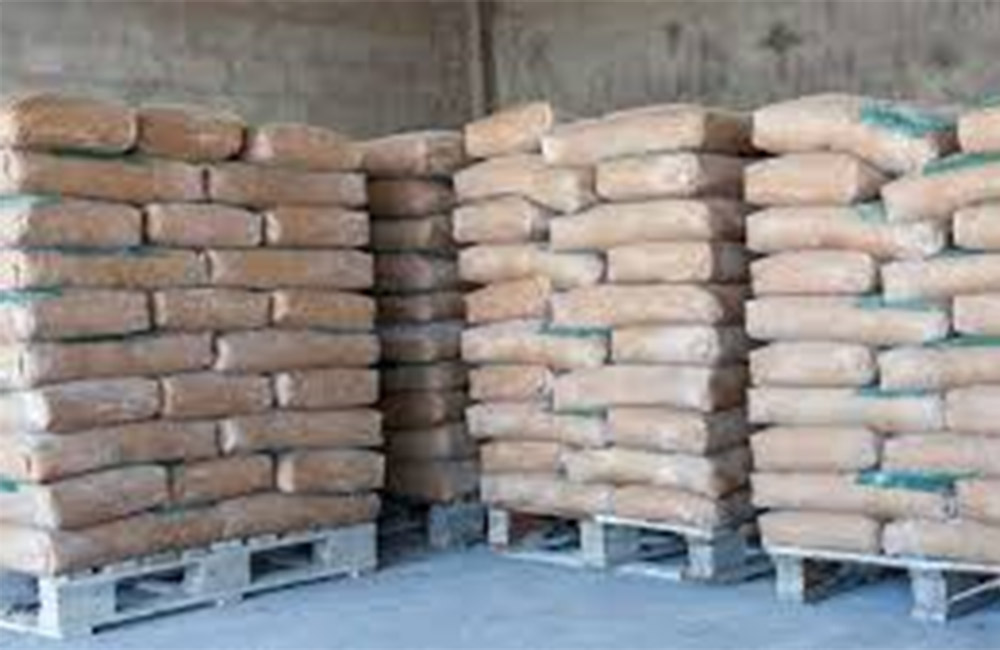
Cement price reduced
The price of a 50 kilogram cement bag will be reduced by Rs. 150 with effect from midnight today (13 May).
Accordingly, the price of a 50 kilogram cement bag will be reduced from Rs. 2,750 to Rs. 2,600, wholesale cement traders said.
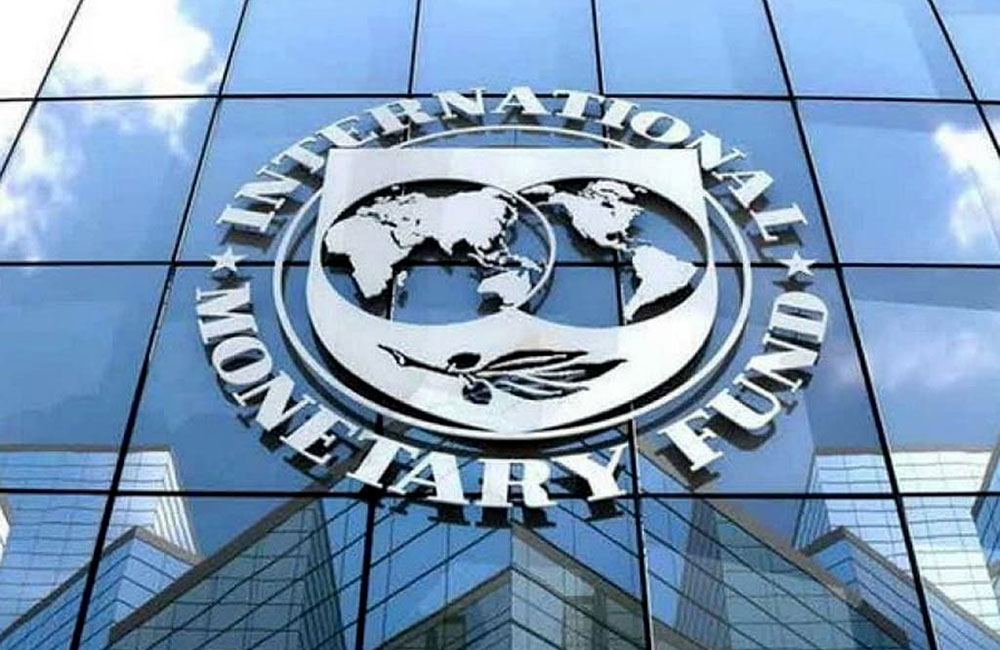
IMF staff team to visit Sri Lanka from May 11-23
The International Monetary Fund (IMF) says a team of its staff will be visiting Sri Lanka from May 11-23.
This visit comes as part of the regular consultations between the global lender and the island nation, ahead of the first review mission later this year.
IMF’s Director of Asia and Pacific Department, Krishna Srinivasan will be joining this visit.
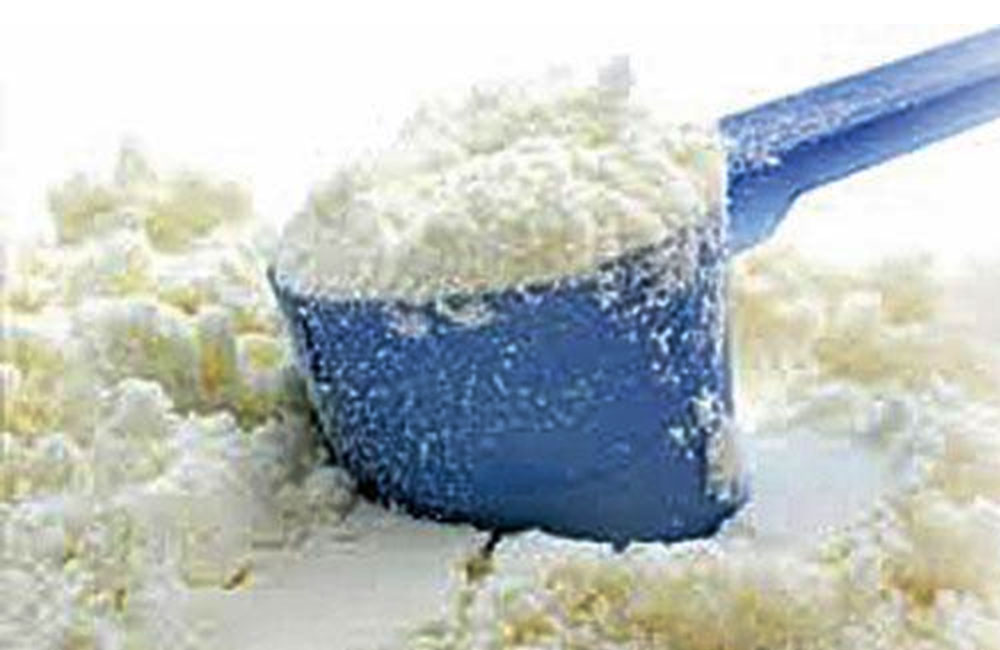
Imported milk powder price reduced
Following a discussion with milk powder importers, Trade Minister Nalin Fernando announced that the price of milk powder will be reduced by Rs. 200 per kilo from 15 May.
The minister said that the decision was made in order to provide relief to the people of Sri Lanka.
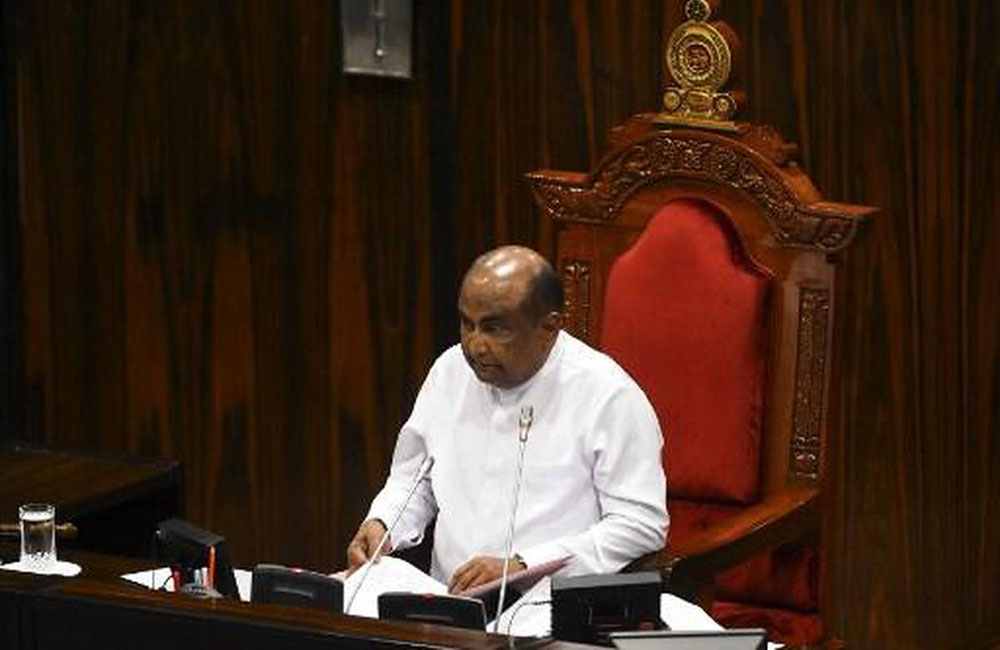
Speaker endorses Inland Revenue Bill
Speaker Mahinda Yapa Abeywardena announced to the House today (10) that he has endorsed the Inland Revenue (Amendment) Bill by signing it in accordance with Article 79 of the Constitution on 8 May 2023.
The said Bill was passed in Parliament on 28 April.
Accordingly, given the certification by the Speaker, the “Inland Revenue (Amendment)” Bill will come into effect as the “Inland Revenue (Amendment)” Act No. 04 of 2023.
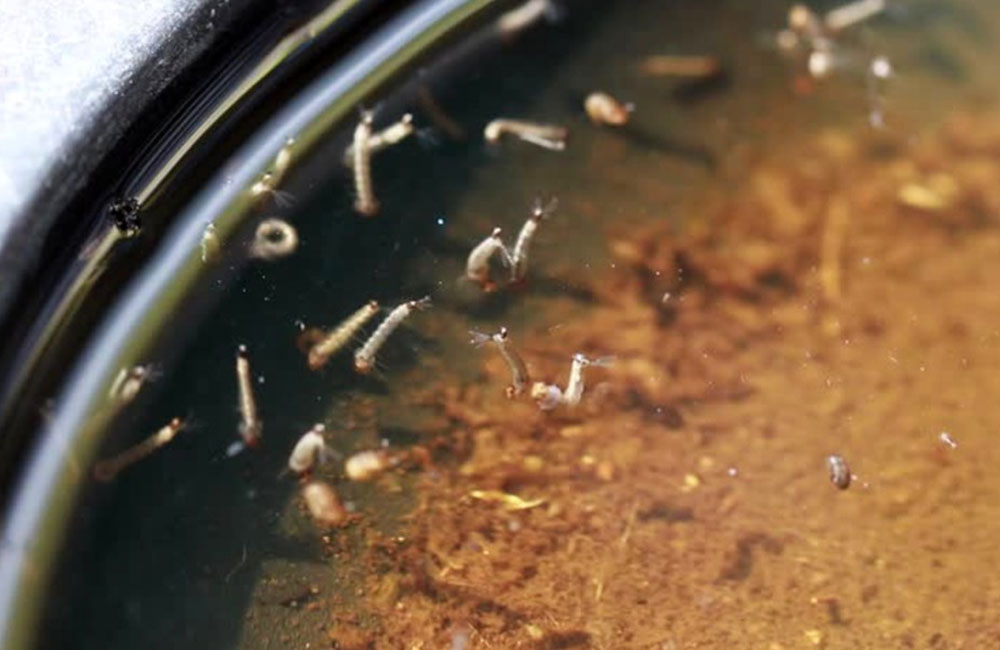
Dengue on the rise, 50% of the cases reported from the Western Province
The number of mosquito larvae has increased says the Health Entomologists Association.
Its Chairman Najith Sumanasena says that these facts were discovered during the surveys conducted by his officers.
Najith Sumanasena emphasized that although mosquito control programs to control the population of dengue mosquitoes have been implemented in many areas including the Western Province they have not reached the expected goals.
So far this year over 3000 dengue cases have been reported. 50% of the cases were reported from the Western Province.
The health sector points out that the general public has a responsibility to destroy all mosquito breeding areas and to prevent the spread of Dengue mosquitoes.
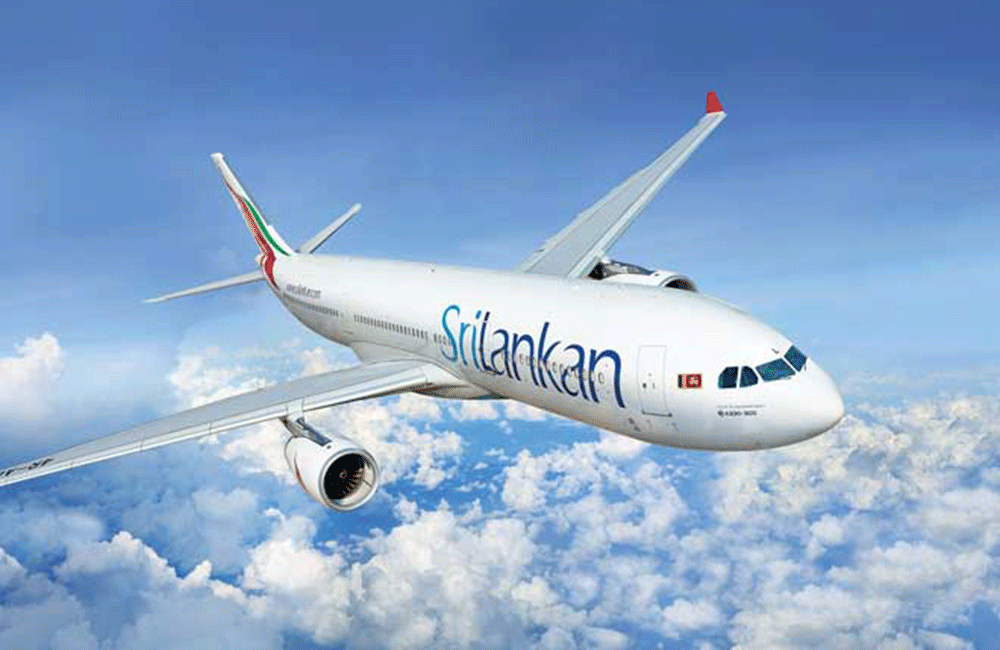
41 Lankans repatriated from Australia
Australian authorities today deported 41 Sri Lankans who had illegally entered the country, Sri Lanka’s Immigration and Emigration authorities reported.
According to Mawbima, the group had been arrested by Australia’s Security Force after having illegally entered the country via sea.
They were placed at Christman Island following their detention and were deported to Sri Lanka today on a special flight.
The group which was deported via Australian flight ASY – 013 arrived at the Katunayake Airport at 09.40 am today.
The deported group consists of a majority of residents from Jaffna and Valachchenai, while it is reported that they had travelled to Australia in a multiday fishing trawler.
Three officials from the Australian High Commission in Sri Lanka were present at the airport to receive the deported group who had been accompanied by a group of Australian Security Forces personnel.
The group was handed over to Sri Lankan Immigration and Emigration officials by the accompanying Australian Security Forces personnel.
They were questioned by the State Intelligence Service after which they were handed over to officials from the Criminal Investigations Department (CID) at the airport.
After being questioned by the CID, the group is expected to be produced before the Negombo Magistrate’s Court.
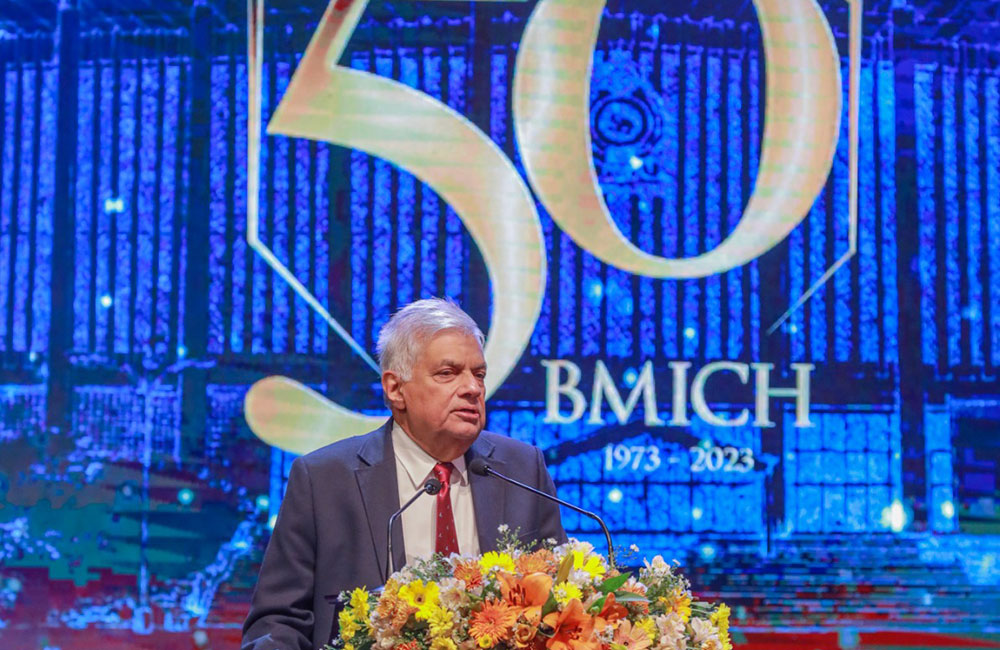
SL will not support any work that hinders unity of Asia – President
President Ranil Wickremesinghe has emphasized that Sri Lanka will not support any work that hinders the unity of Asia, the President’s Media Division (PMD) reported.
The President revealed this while participating in the ceremony held yesterday (10) to mark the 50th Anniversary of the Bandaranaike Memorial International Conference Hall (BMICH) in Colombo, which is the first international conference hall, built in Asia.
The President pointed out that there are many differences between Asian geopolitics and the politics of the Pacific region and that we should recognize those differences and work to preserve peace and stability. ASEAN plays an important role and must ensure that ASEAN is further strengthened in the coming decades. The ASEAN outlook is one which also emphasizes the fact that while the Indian Ocean and the Pacific Ocean are two different, distinct oceans, they are interconnected now, which is of value because the geopolitics of the Indian Ocean is quite different from the Asia Pacific. As far as we are concerned, we have been free of the great power rivalry so far. We should not allow that to come into the Indian Ocean, the President said.
President Ranil Wickremesinghe emphasized that in order to advance Sri Lanka as a country with a strong economy in the next decades, Sri Lanka can be taken forward by utilizing the non-aligned policy, the ‘Panchaseela’ and the Asian policy. Those general facts are still valid today and said that this Bandaranaike Memorial International Conference Hall is a good example that can be pointed out regarding the unity of Asia.
A Coffee Table Book written on the history of the Bandaranaike Memorial International Conference Hall was also presented to the President while a commemorative stamp worth Rs.25 was also issued to mark the occasion of the 50th Anniversary of the Bandaranaike Memorial International Conference Hall.
President Ranil Wickremesinghe further mentioned, “We received this as a gift. I would also like to say that we should continue to maintain unity in Asia. It should be remembered here that only the countries of the Indian Ocean have not experienced disharmony in the world power struggle.
With the ambition of becoming world powers, some groups have undermined the unity between the countries of the Pacific Ocean and dragged them into a state of war. We must work together to prevent this from happening to the Indian Ocean. I also emphasize that Sri Lanka will not support in any way, to break the unity of Asia.
Already we have a number of military bases around the Horn of Africa. They came in when piracy was at its height. And as far as Sri Lanka is concerned, we are of the view that they should work with the African Union, which is responsible for the regional security of the African continent,” he added.
Commemorative gifts were also given to the organizations that have generated more income for the Bandaranaike Memorial International Conference Hall from event and exhibition sectors during the past 50 years. The Book Publishers Association for the exhibition sector and the British Council for the event sector received commemorative gifts from the President.
Prime Minister Dinesh Gunawardena, Former President Chandrika Bandaranaike Kumaratunga, Ministers Bandula Gunawardena, Vidura Wickramanayake, Minister of State Shantha Bandara, Chinese Ambassador to Sri Lanka H.E. Ambassador Qi Zhenhong, Secretary of the Ministry of Mass Media Anusha Palpita, Secretary of the Ministry of Defence General Kamal Gunaratne (Retired), Chief of Defence Staff General Shavendra Silva, Army Commander Lt. Gen. Vikum Liyanage, Air Force Commander Air Vice Marshal Sudarshana Pathirana, Director and the CEO of the BMICH Sunil Dissanayake and other officials were present on this occasion.
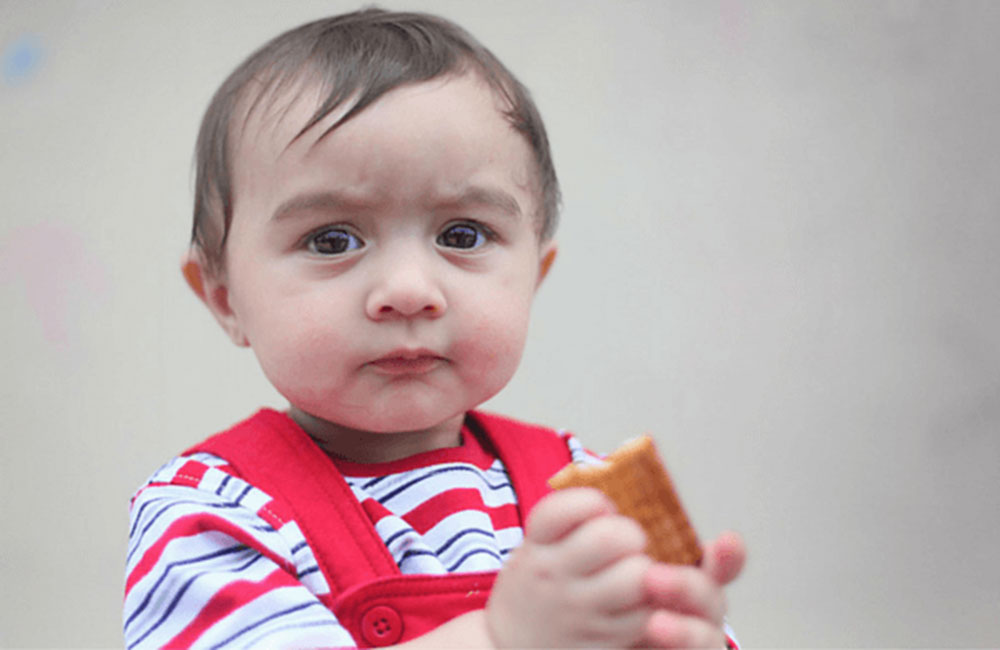
Preschool children to be provided nutrition-rich biscuits - State Minister
State Minister of Women and Child Affairs Geetha Kumarasinghe says that a special programme has been planned in order to raise the nutritional level of small children.
Mrs. Kumarasinghe points out that it has been planned to provide a type of nutrition-rich biscuits for preschool children under the proposed programme.
Further, the State Minister mentioned that the relevant programme will be launched next month, adding that measures will also be taken to provide the children with the things they require for a nutritious meal such as eggs at a low cost.
“We are going to launch a new programme to provide a type of high-nutritious biscuit for preschool children. We are currently making arrangements for that purpose and the biscuits will be distributed to children starting next month.”
“In addition, steps will be taken to provide food items required to have a nutritious meal for children like eggs at a low cost”, she claimed.
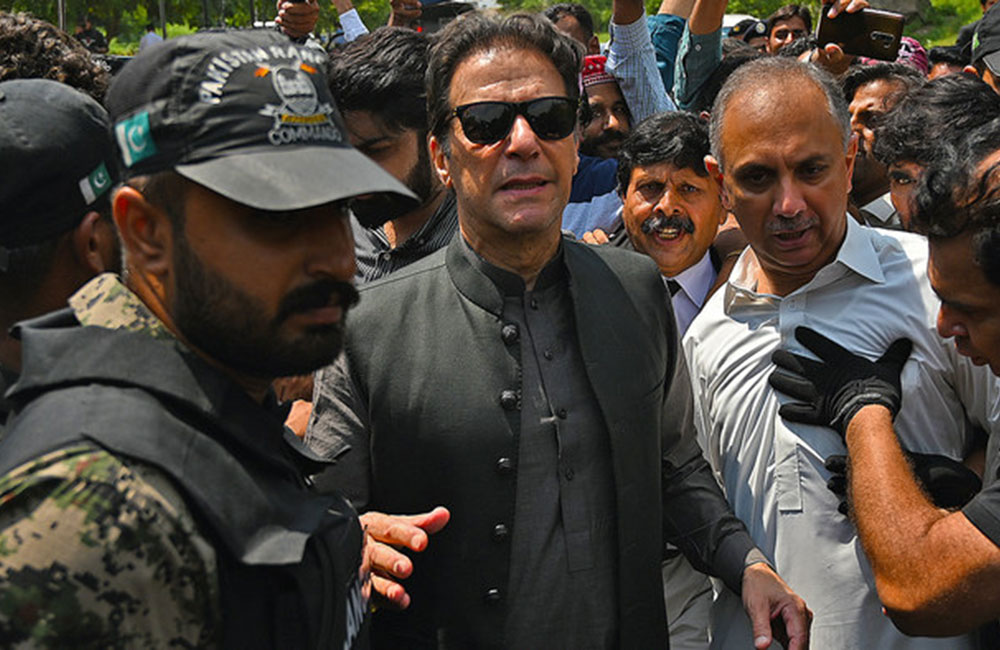
Pakistan top court orders Imran Khan’s release
Pakistan’s top court on Thursday ordered the anti-graft agency to release former Prime Minister Imran Khan from its custody, broadcaster Geo TV reported.
Khan’s arrest on Tuesday in a land fraud case sparked deadly and widespread protests across the South Asian country, prompting the government to call in the army to help restore order.
- Reuters
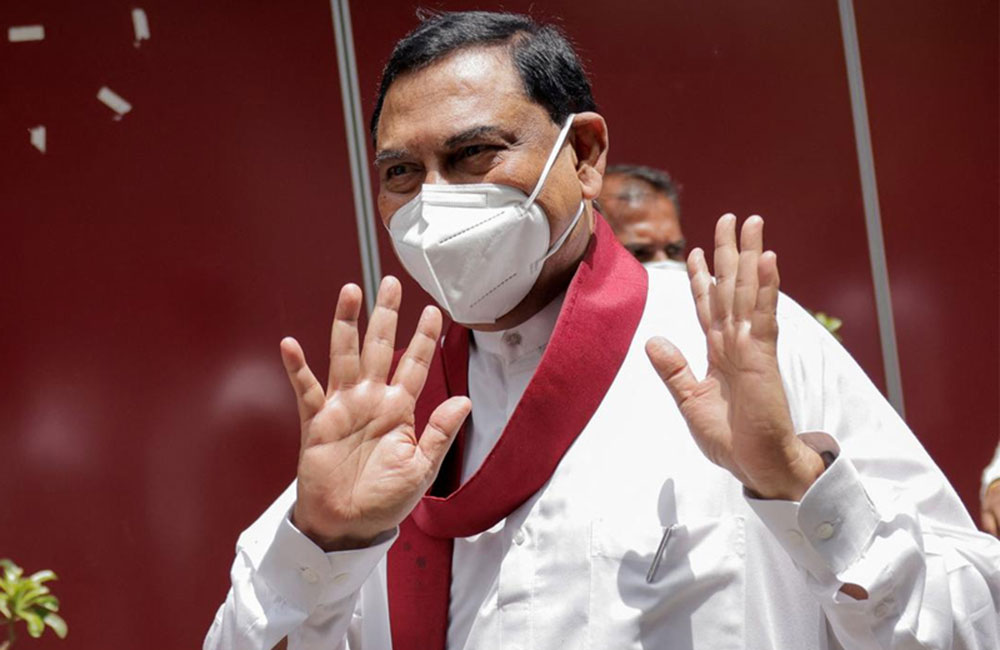
Basil, wife leave for Dubai
National organizer of the Sri Lanka Podujana Peramuna (SLPP) Basil Rajapaksa left for Dubai in the early hours of this morning (07), confirmed the duty officer at the Katunayake airport.
Rajapaksa, accompanied by his wife, departed on board an Emirates Airlines flight at 3.15 am, according to Neth News.
Before leaving, he informed the secretary to the president about the SLPP’s stand with regard to the appointment of new provincial governors.
Earlier, dailymirror.lk reported that a tussle has erupted in the SLPP camp after Basil was given a notable welcome at the May Day rally and his picture was shown on the main SLPP banner on stage alongside party leader Mahinda Rajapaksa.
Senior SLPP MPS raised objections why Basil was given so much prominence on the May Day stage and expressed disappointment over the move.
In recent weeks a campaign has been initiated by a few SLPP MPS to promote him as the next SLPP leader in the hope that he can return to active politics after the dual citizenship clause is amended again.
Page 270 of 681